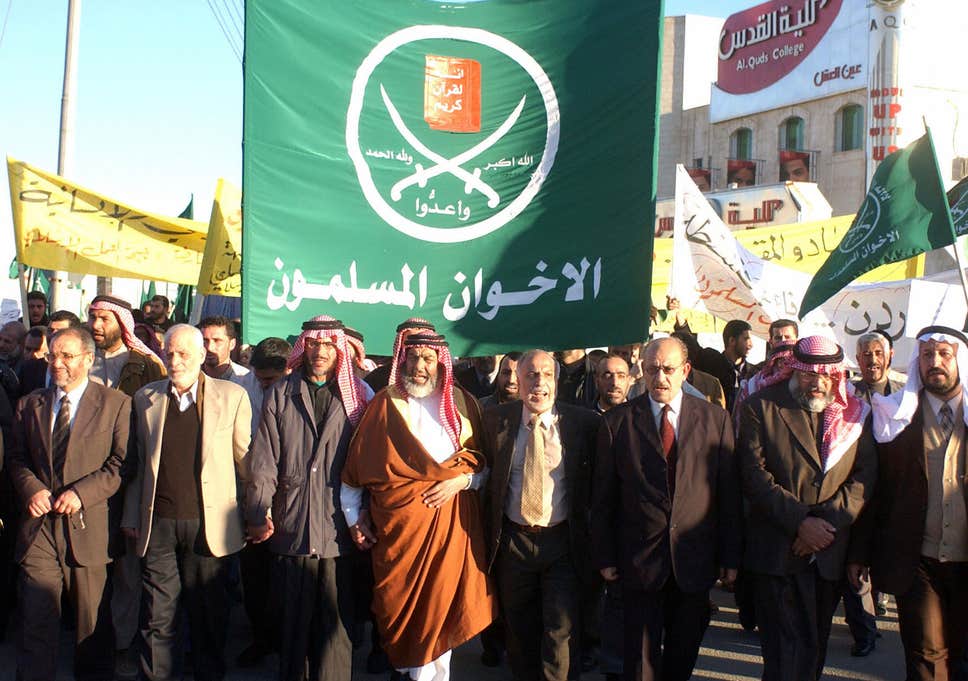Giordania: il governo mette al bando i Fratelli Musulmani / Jordan: Government Bans the Muslim Brotherhood
Il governo giordano ha ufficialmente messo al bando i Fratelli Musulmani, una settimana dopo l'annuncio dell'arresto di 16 membri sospettati di pianificare attacchi con razzi e droni. Il ministro dell'Interno, Mazen al-Faraya, ha dichiarato che tutte le sedi dell'organizzazione saranno chiuse, i beni confiscati e ogni attività riconducibile al gruppo sarà considerata illegale.

Il Fronte di Azione Islamica (IAF), braccio politico del movimento e principale forza di opposizione in parlamento, ha visto la sua sede centrale perquisita dalla polizia. Il segretario generale dell'IAF, Wael Saqqa, ha ribadito che il partito è una realtà politica autonoma, affermando che "non ha alcun legame con altre strutture organizzative" e sottolineando l'impegno del partito nel rispetto dell'ordine, della legge e della costituzione.
Nel 2020, la Corte Suprema giordana aveva dichiarato lo scioglimento formale dei Fratelli Musulmani, motivando la decisione con la mancata regolarizzazione della loro posizione legale. Tuttavia, il gruppo ha continuato a operare e l'IAF ha partecipato alle elezioni parlamentari dello scorso anno, ottenendo 31 seggi su 138.
Fondata nel 1928 a Ismailia, in Egitto, da Hassan al-Banna, l'organizzazione dei Fratelli Musulmani nacque con l'obiettivo di riportare l'Islam al centro della vita quotidiana, non solo come religione, ma anche come guida per la politica, la società e l'economia. Nel corso degli anni, il movimento si è diffuso rapidamente in tutto il Medio Oriente e in Nord Africa, diventando una delle organizzazioni islamiste più influenti al mondo. In Egitto e in altri Stati della regione, il gruppo è stato messo fuorilegge e viene considerato una minaccia dai rispettivi governi.
Enrico Ellero
Jordan: Government Bans the Muslim Brotherhood
The Jordanian government has officially banned the Muslim Brotherhood, a week after announcing the arrest of 16 members suspected of planning rocket and drone attacks. Interior Minister Mazen al-Faraya stated that all of the organization's offices will be closed, its assets confiscated, and any activity linked to the group will be considered illegal.
The Islamic Action Front (IAF), the political wing of the movement and the main opposition force in parliament, saw its headquarters searched by police. IAF Secretary General Wael Saqqa reiterated that the party is an independent political entity, stating that "it has no connection with other organizational structures" and emphasizing the party's commitment to upholding order, the law, and the constitution.
In 2020, Jordan's Supreme Court had formally ordered the dissolution of the Muslim Brotherhood, citing the group's failure to regularize its legal status. However, the group continued to operate, and the IAF participated in last year's parliamentary elections, winning 31 out of 138 seats.
Founded in 1928 in Ismailia, Egypt, by Hassan al-Banna, the Muslim Brotherhood was established with the goal of bringing Islam back to the center of daily life—not just as a religion, but as a guiding force in politics, society, and the economy. Over the years, the movement spread rapidly throughout the Middle East and North Africa, becoming one of the most influential Islamist organizations in the world. In Egypt and other countries in the region, the group has been outlawed and is regarded as a threat by their respective governments.
